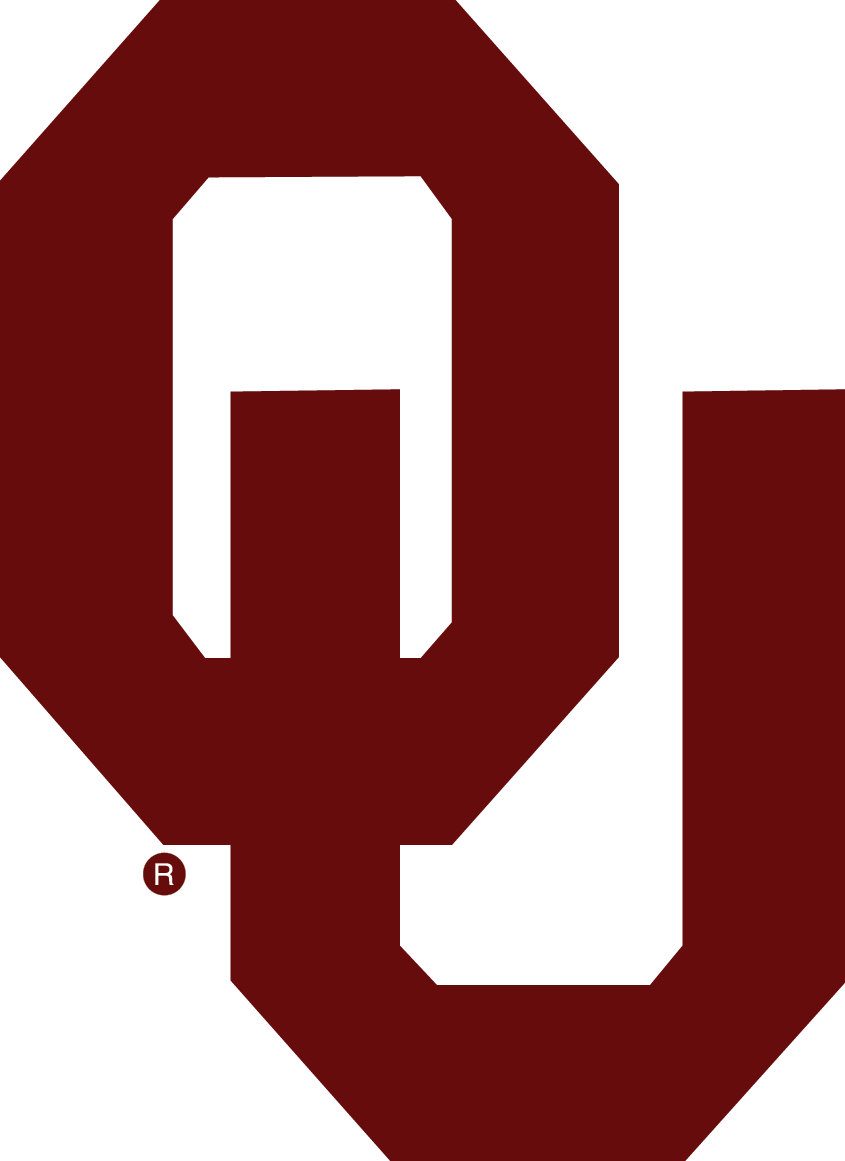Special monitoring may be considered when a student is exposed to ionizing radiation during pregnancy. A developing embryo/fetus, particularly for the first six weeks after conception, is more sensitive to the effects of radiation than an adult. Because of this radiosensitivity, the National Council on Radiation Protection and Measurements (NCRP) recommends that “during an entire gestation period, the maximum permissible dose equivalent to the fetus from occupational exposure to the expectant mother should not exceed 0.5 rem.”
Since it is possible for a student to exceed the recommended 0.5 rem over the course of her pregnancy, students are asked to discuss with their Clinical Coordinator and/or Program Director if they do become pregnant.
Declaration of Pregnancy
Students may choose to “Declare their Pregnancy,” see the OUHSC Radiation Safety Office template letter.
A declared pregnant woman is defined in 10 CFR 10.1003 as a woman who has voluntarily informed her school/employer, in writing, of her pregnancy and estimated date of conception. This declaration is made in order to notify the OUHSC Radiation Safety Office so a fetal radiation dosimeter may be issued and worn at the level of the waist during the pregnancy.
Clinic education experiences have physical requirements; refer to policy on Technical Standards and Essential Competencies, when working with equipment and patients. Faculty may request students obtain a physician’s note ensuring the student is allowed to continue with all aspects of clinic or request reasonable accommodations through the OU Health Student Accommodations Services (SAS).
Withdrawal of Declaration
After a “Declaration of Pregnancy” has been made, it can be voluntarily withdrawn at any time. The student must indicate in writing that she wishes to withdraw her declaration of pregnancy. No penalty of any kind will be given to the student due to the withdrawal.

